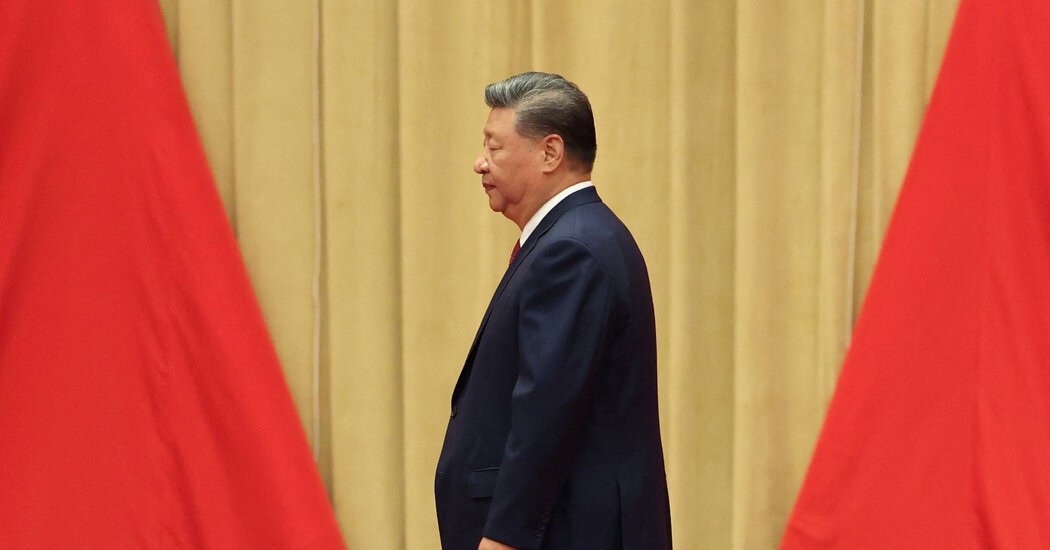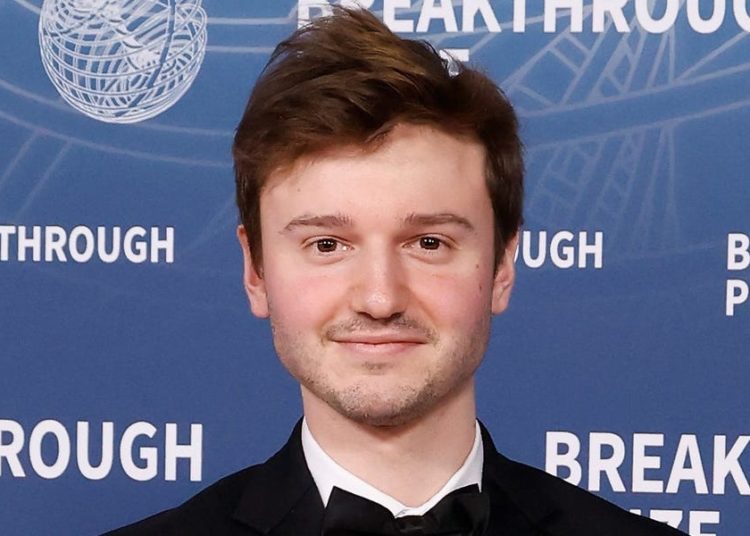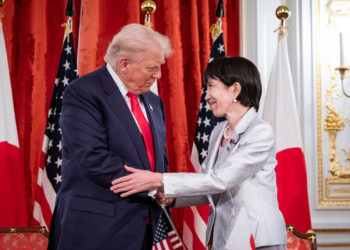When China’s leader, Xi Jinping, sits down with President Trump to address their worsening trade tensions, he will also be pursuing another, longer goal: persuading the American president to soften U.S. support for Taiwan.
Mr. Trump has said that he wants to focus on trade when he meets Mr. Xi in South Korea, even if the Chinese leader presses him on Taiwan, the democratically governed island roughly 100 miles off China’s coast that Beijing claims as its own.
But the diplomatic maneuvering raises a crucial question: how negotiable is American support for Taiwan, especially given Mr. Trump’s sometimes dismissive comments about the island? Chinese officials, analysts said, may seek at this and other meetings to draw Mr. Trump out on the issue, to have him clarify his position on Taiwan.
Mr. Xi probably wants Mr. Trump to state that the United States does not support independence for Taiwan, experts said. Saying that would echo what previous U.S. administrations have said, but a clear statement of it by the U.S. president would be welcomed by Beijing, which has for years accused Washington of, in effect, encouraging Taiwan toward independence. Earlier this year, the State Department altered a web page about Taiwan, removing the phrase “we do not support Taiwan independence,” drawing loud complaints from China.
Taiwan relies on American political and military support, so any language from an American president that is seen as diluting Washington’s support for the island could be used by Beijing to try to set the terms for future discussions. If Mr. Trump said that the United States “opposes” Taiwan independence, that would be a bigger win for Beijing.
“Once something is said that helps China’s case, it treats that as the new base line,” said David Sacks, a fellow for Asia studies at the Council on Foreign Relations in New York, who co-wrote an assessment of how Taiwan may figure in talks between Mr. Trump and Mr. Xi. “They would try to lock in all successors to that precedent.”
For China, the meeting in South Korea on Thursday appears to lay the groundwork for a full summit between the leaders. Mr. Trump has said that he intends to travel to China early next year and that he also wants to host Mr. Xi in the United States.
“The Chinese probably do see a sequencing: that they want some kind of cease-fire in the trade war and a de-escalation to start, and then they want to open up the larger geostrategic issues,” Mr. Sacks said. “I think Taiwan is the center of that.”
Since Mr. Trump took office this year, his administration has scaled back some dealings with Taiwan, the kinds of exchanges to which China vehemently objects. Washington refused to let Taiwan’s president, Lai Ching-te, make a stopover visit in New York. It downgraded talks between Taiwanese and U.S. defense officials and moved the meeting from Washington to Alaska, the Financial Times reported.
China thinks U.S. policy on Taiwan will evolve in its favor, said Amanda Hsiao, a director for China at the Eurasia Group. “What they see is the potential for U.S. commitments to Taiwan to weaken over time because of the shift in balance of power that they believe increasingly advantages China.”
Mr. Trump has complained that Taiwan spends too little on its military and unfairly dominates semiconductor production. (Taiwan has already promised to spend more than 3 percent of its economic output on defense by next year; Mr. Trump and his officials have said that number should reach 5 or even 10 percent.)
Mr. Trump has swung between questioning Taiwan’s ability to withstand threats from China and boasting about U.S. power to deter Beijing. Asked last week about a possible Chinese invasion of Taiwan, Mr. Trump again emphasized American military dominance.
“The United States is the strongest military power in the world by far, it’s not even close,” Mr. Trump said during a news conference. “Nobody’s going to mess with that.”
Still, Mr. Trump may calculate that adopting some language similar to President Clinton’s during a visit to China in 1998 — that the United States does not support independence for Taiwan — could make Beijing more amenable in trade negotiations, such as over its new controls on rare earth exports.
“For Xi, it’s critically important that Donald Trump at least communicates that he understands the Chinese position” on Taiwan, said Rorry Daniels, the managing director of Asia Society Policy Institute. “He needs to understand that Donald Trump is not going to surprise him on Taiwan.”
Taiwan’s foreign minister, Lin Chia-lung, however, downplayed concerns about what Mr. Trump might say about Taiwan when meeting Mr. Xi. “We are in close communication with the U.S. side, and their interactions with China won’t harm Taiwan,” Mr. Lin told Taiwanese legislators last week.
Secretary of State Marco Rubio dismissed the idea that Mr. Trump would make concessions on Taiwan in exchange for “favorable treatment” from China on trade issues. “No one is contemplating that,” Mr. Rubio told reporters on Saturday while in the Middle East.
Edward Wong and Erica L. Green contributed reporting.
Chris Buckley, the chief China correspondent for The Times, reports on China and Taiwan from Taipei, focused on politics, social change and security and military issues.
Amy Chang Chien is a reporter and researcher for The Times in Taipei, covering Taiwan and China.
The post Beyond Trade War, China’s Xi Looks to Press Trump on Taiwan appeared first on New York Times.




